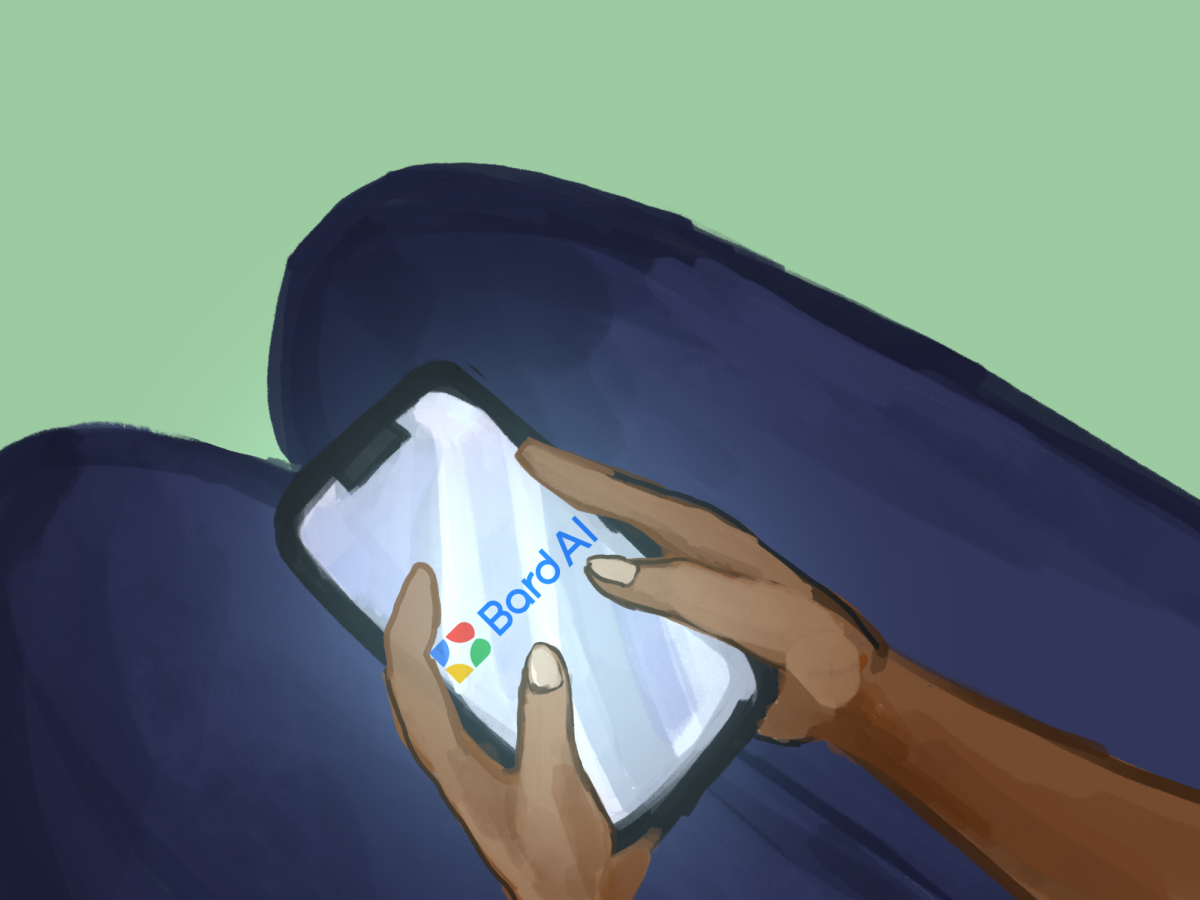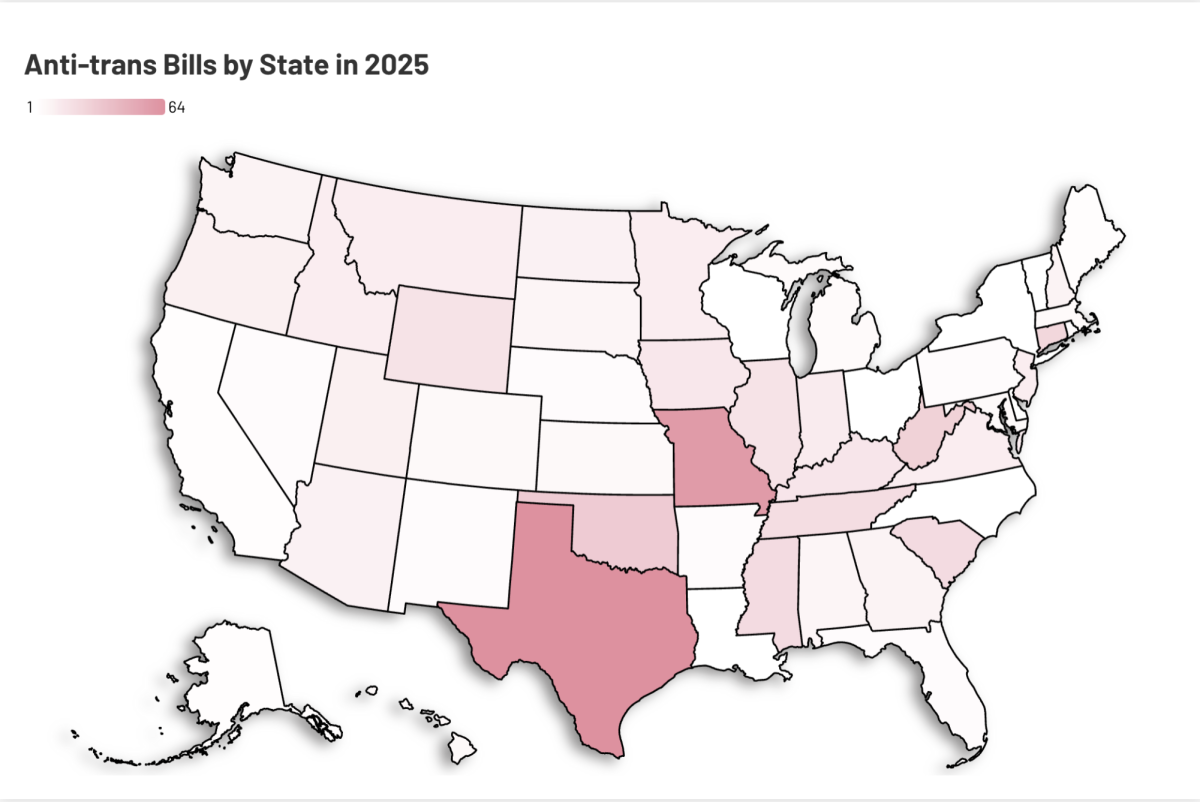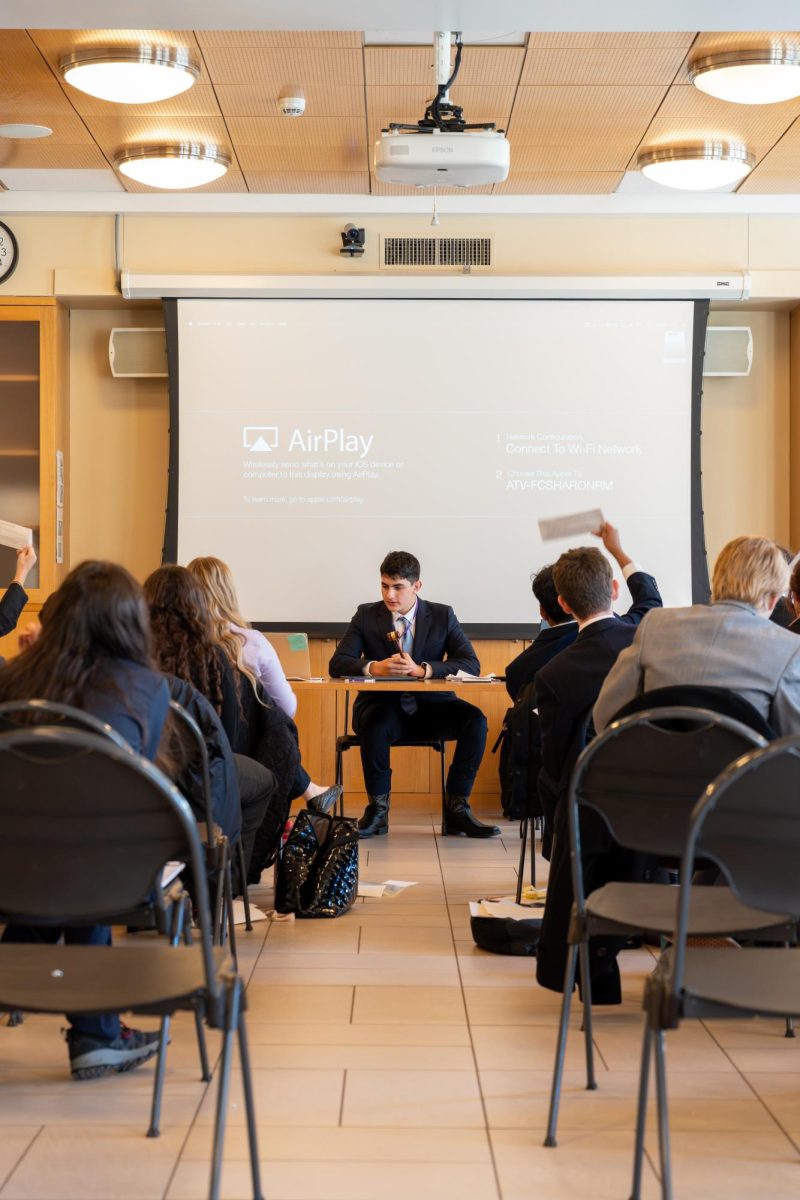Artificial intelligence continues to improve, usage rates within students continue to rise, and over the last year educators and administrators continue to think and talk about how to implement or ban the use of A.I. from their curriculums… Software like ChatGPT and Notion have changed the way schools look at assignments, and now A.I. technology has even been built into an essential education tool, Google Docs.
Last March, Google released its new A.I., Bard. Previously, to use Bard one would go to the site, type a question, and then Bard would answer it, similarly to ChatGPT.
In September though, Google made updates to its A.I. Now, Google services, like Google Docs, are directly connected to Bard and the software can function within Google Docs itself. Once a user downloads the extension, they just need to open a Google document, ask a question, and the A.I. does the rest. The tool is still very experimental, but it has raised many concerns in education. “Have you also seen Notebook LM? I think it’s really cool. You can upload a huge amount of information and ask it to summarize it for you. So I think it would actually be in the future for students. If you’re trying to study for a test, it could create a review for you or a practice test or something like that.”[/pullquote]
Jillian McCoy, head librarian & coordinator for digital info and learning, headed an A.I. working group this summer with other faculty members that discussed some of these very issues. She said, “What we did was we did a lot of reading and research about current A.I. tools that are out there. And we made some suggested revisions to our schools’ policies that exist in the handbooks, the employee handbook, middle school handbook, and upper school family handbook.”
After doing research, McCoy has seen the benefits that new Google A.I. services can have. “Have you also seen Notebook LM? I think it’s really cool. You can upload a huge amount of information and ask it to summarize it for you. So I think it would actually be in the future for students. If you’re trying to study for a test, it could create a review for you or a practice test or something like that. Have you also seen Notebook LM? I think it’s really cool. You can upload a huge amount of information and ask it to summarize it for you. So I think it would actually be in the future for students. If you’re trying to study for a test, it could create a review for you or a practice test or something like that.”[/pullquote]
McCoy also sees the concerns that A.I. can bring up for schools, “But certainly, we also have to consider that it’s going to change how we operate as a school in some ways to or at least what we ask students to do to make sure you’re getting the skills that you need.”
Geoffery Nelson, head of the English department, had some thoughts on how A.I. has affected schools. “I think what’s really been exciting about the language modeling A.I.’s is that they’ve taken a lot of the sort of traditional, and I might say even kind of boring English assignments, like the thematic five-paragraph essay. And those A.I.s do a pretty good job of writing that essay. So if we know we’re living in a world where that essay can kind of be written by a language modeling A.I., it forces us to ask the question, what do we want our students doing and why should they write it?”
He goes on to say, “We’ve tried to be really thoughtful about innovating its department and assigning things to students that feel relevant and urgent and exciting that can’t just be done by an A.I.”





















